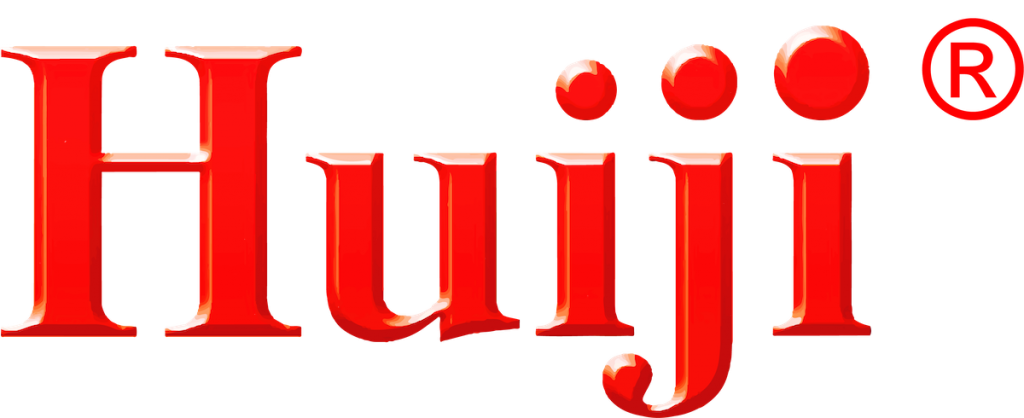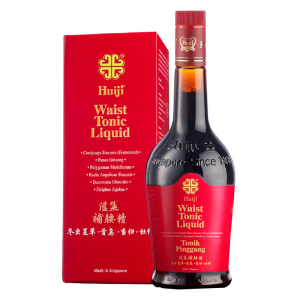In the first year of your baby’s diet, breast milk or baby formula will be the staple. All your baby’s nutritional needs, the essential vitamins, minerals and nutrients for your baby’s complete growth and development, are contained in breast milk or baby formula. Breast milk is free and can help you shed the weight gain during pregnancy as breastfeeding burns calories as well! To increase the production of breast milk, it is recommended to consume foods like papaya and fish during your confinement.
You can start weaning your baby at about 4 to 6 months of age. Start slow, with only half a teaspoon of solids at first, and increase gradually to 1 to 2 tablespoons of solid food, 2 to 3 times a day. Prepare your baby’s food with no salt, sugar or oil. Wait for 3 to 4 days after introducing one type of new food to your baby to monitor for any allergic reactions that may occur. Do check with your paediatrician before introducing solid foods if you are unsure.
Give your 4 to 6 month old baby cereals that are iron-fortified by mixing with breast milk, baby formula or water as your baby’s natural reserve of iron will begin to deplete at around 6 months of age. Do start with single grain formula like rice cereal, barley or oatmeal.
Bake, boil or steam washed fruits like banana, pear, apple and avocado; or vegetables like carrot, peas, broccoli and potato until soft and then puree with a blender or food processor. Add even more liquids such as breast milk, baby formula or water when first introducing at 6 to 8 months and once your baby is getting used to consuming solid foods, you may reduce the amount of liquid added.
Plain yogurt with beneficial live cultures can also be introduced to help regulate the good bacteria in your baby’s digestive tract. Protein like chicken, fish (with bones removed) and beans have to be cut into very small pieces (pea-sized) or be mashed up before feeding to your baby.
When your baby is at about 8 to 10 months of age, you can feed mashed fruits and vegetables and skip the step of pureeing them. You may also feed small pieces of pasteurised cheese and finger foods such as cereals, crackers or cooked pasta that are bite-sized for your baby, where they would be able to swallow without choking.
Once your baby has more teeth, and has learnt how to chew effectively (about 10 to 12 months), you can allow most foods that you would east as long as the foods are cut or mashed. Be careful with round, firm foods such as grapes and sausages which may present a choking hazard to your child. Do check with your paediatrician when introducing shellfish, peanuts or eggs, especially if you have a family history of allergies.
Avoid feeding your baby cow’s milk which cannot be easily digested as well as honey, which may cause infant botulism until about one year of age.





